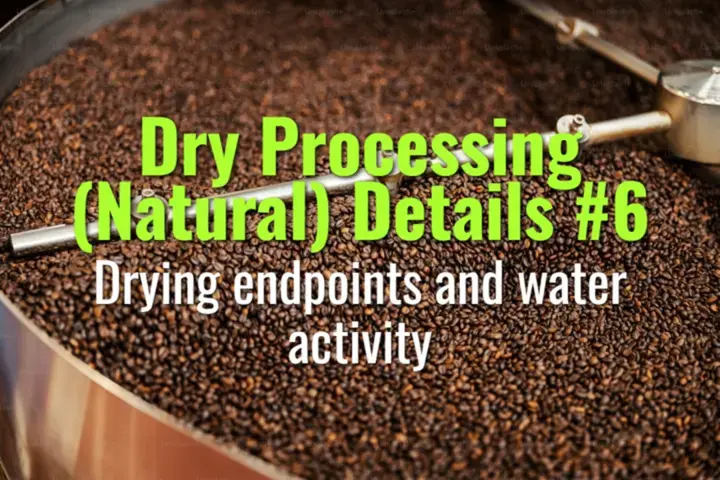
Drying endpoints and water activity
This topic explains how farmers determine the correct drying endpoints in natural coffee processing, the role of water activity, and why precision at this stage ensures stability, quality, and shelf life.

This topic explains how farmers determine the correct drying endpoints in natural coffee processing, the role of water activity, and why precision at this stage ensures stability, quality, and shelf life.
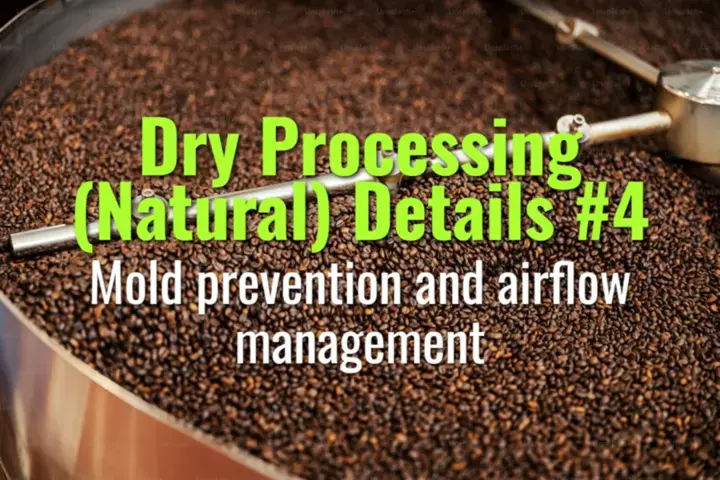
This topic explains how mold prevention and airflow management are critical in natural (dry) coffee processing, and the best practices farmers use to keep beans clean, safe, and high-quality.
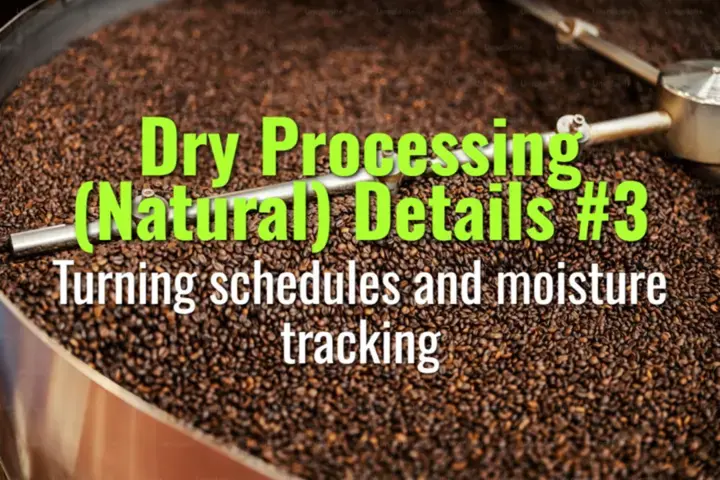
This topic explains the importance of turning schedules and moisture monitoring during natural (dry) coffee processing, showing how these practices ensure uniform drying, prevent defects, and protect flavor quality.
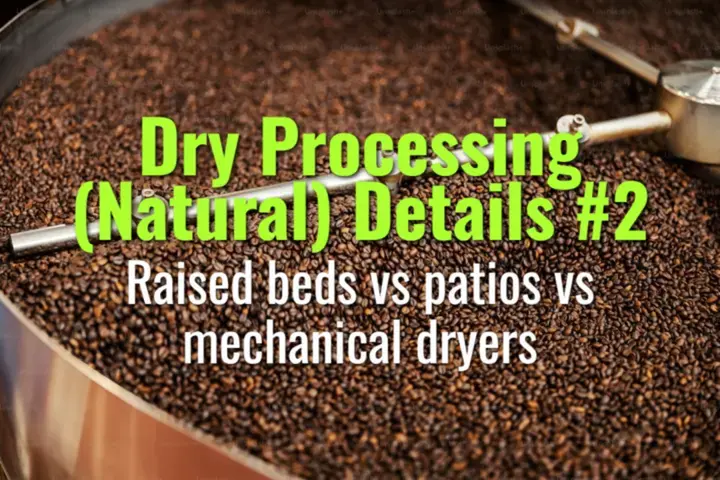
This topic explains the three main drying methods in natural coffee processing—raised beds, patios, and mechanical dryers—comparing their processes, advantages, challenges, and impacts on flavor quality.
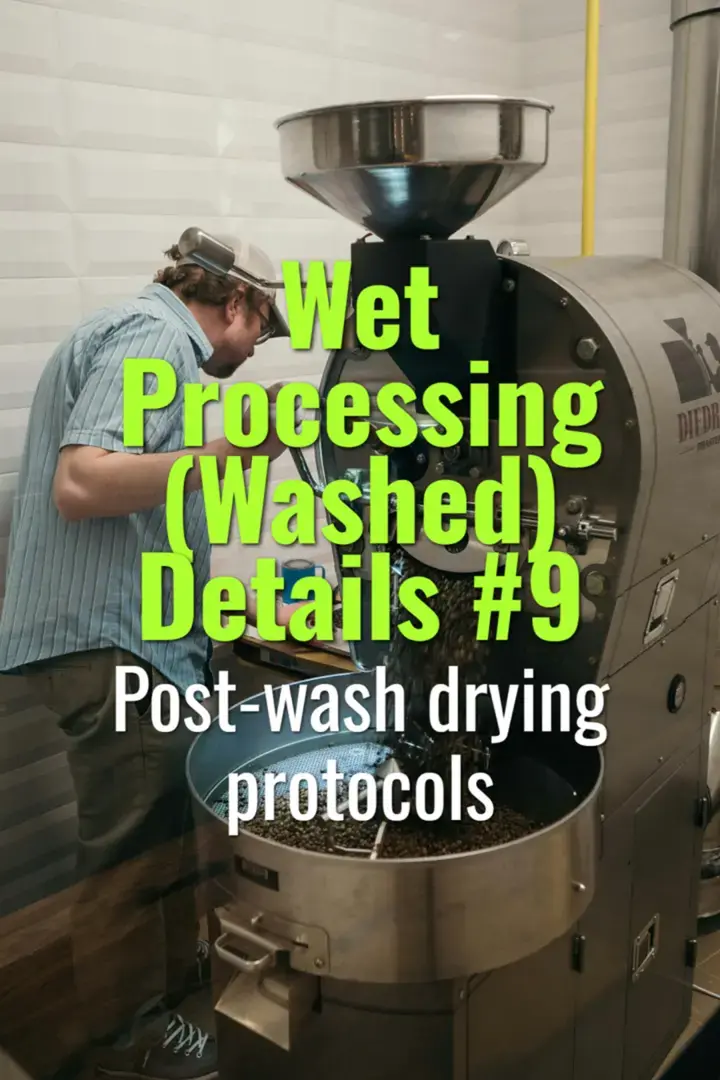
This topic explains the drying protocols after washed processing, covering methods, target moisture levels, quality impacts, and best practices for ensuring stable, defect-free green coffee.